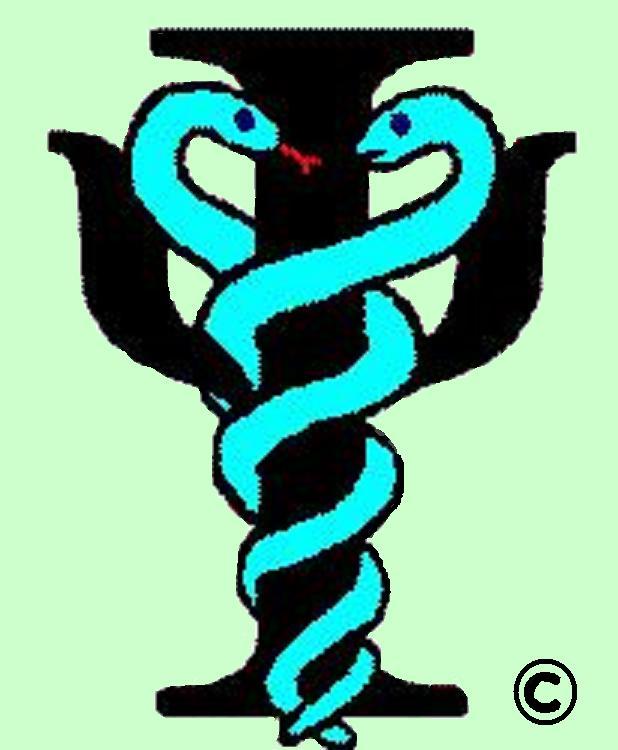|
Testing and Evaluation Techniques
Psychology is the scientific study of mental processes and behavior. Because
scientific investigation requires quantitative and reproducible results,
techniques have been devised for making quantitative measurements of such
characteristics as behavior, personality and cognition. Clinical psychologists
have a wide range of tests available to measure properties such as personality,
intelligence and various aspects of a patient's ability to function. Some,
such as the Rorschach inkblot test, are sufficiently well known
that references to them are part of popular culture, but many others have been
formulated as well. Most tests are quantitative, and have been scientifically
validated by gathering data from some normative standard. If the norms are
based on age and educational achievement, valid comparison can be made between
an individual's performance and that of persons considered normal. The tests
can generally be placed in two groups according to the type of assessment in
which they are used although, since some tests may be used in either type, a
degree of overlap exists.
Psychological Testing
Psychological tests are used in the evaluation of a patient's intelligence,
personality and academic function and may also be used to determine dimensions
of psychopathology, attitudes and behavior.
So-called IQ tests provide relative assessments of overall
intelligence. A person's score must be evaluated in the context of the specific test
used to measure it. Many different tests have been developed, including several which
are nonverbal; these are useful in cases where some sort of language barrier might
interfere with administration of one of the more traditional tests. Tests of memory
are incorporated into many of the intelligence tests, although tests are also
available which focus specifically on memory.
Numerous assessment tools are available for
measuring aspects of personality. Certain traits are shared by all people, but in
different combinations which account for the wide range of personalities occuring in
the general population. Some tests are intended to determine the way normal traits
occur in individuals, and others can be used to identify abnormal personality patterns
and specific personality disorders. The problems which might evolve in a relationship
because of differences in personality, values or attitudes between partners may also
be assessed with specific tests designed for couples. Psychologists can also measure
the factors which may be most important in motivating an individual.
|

